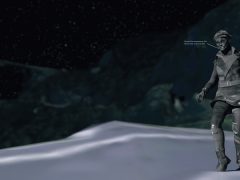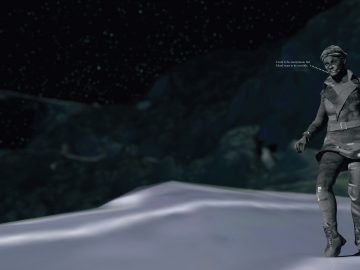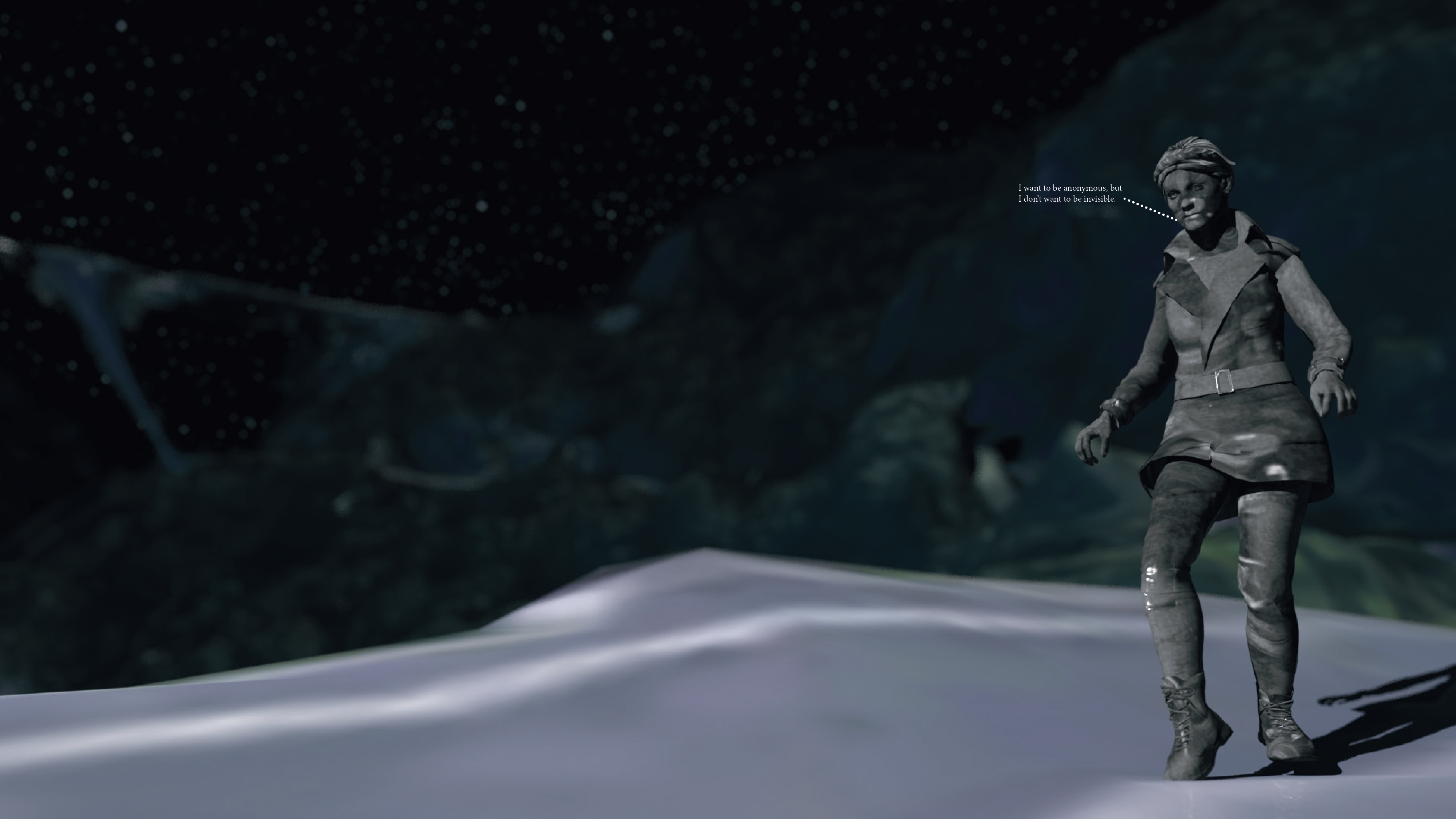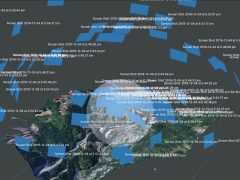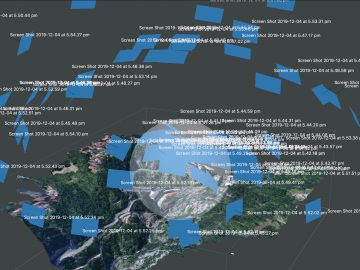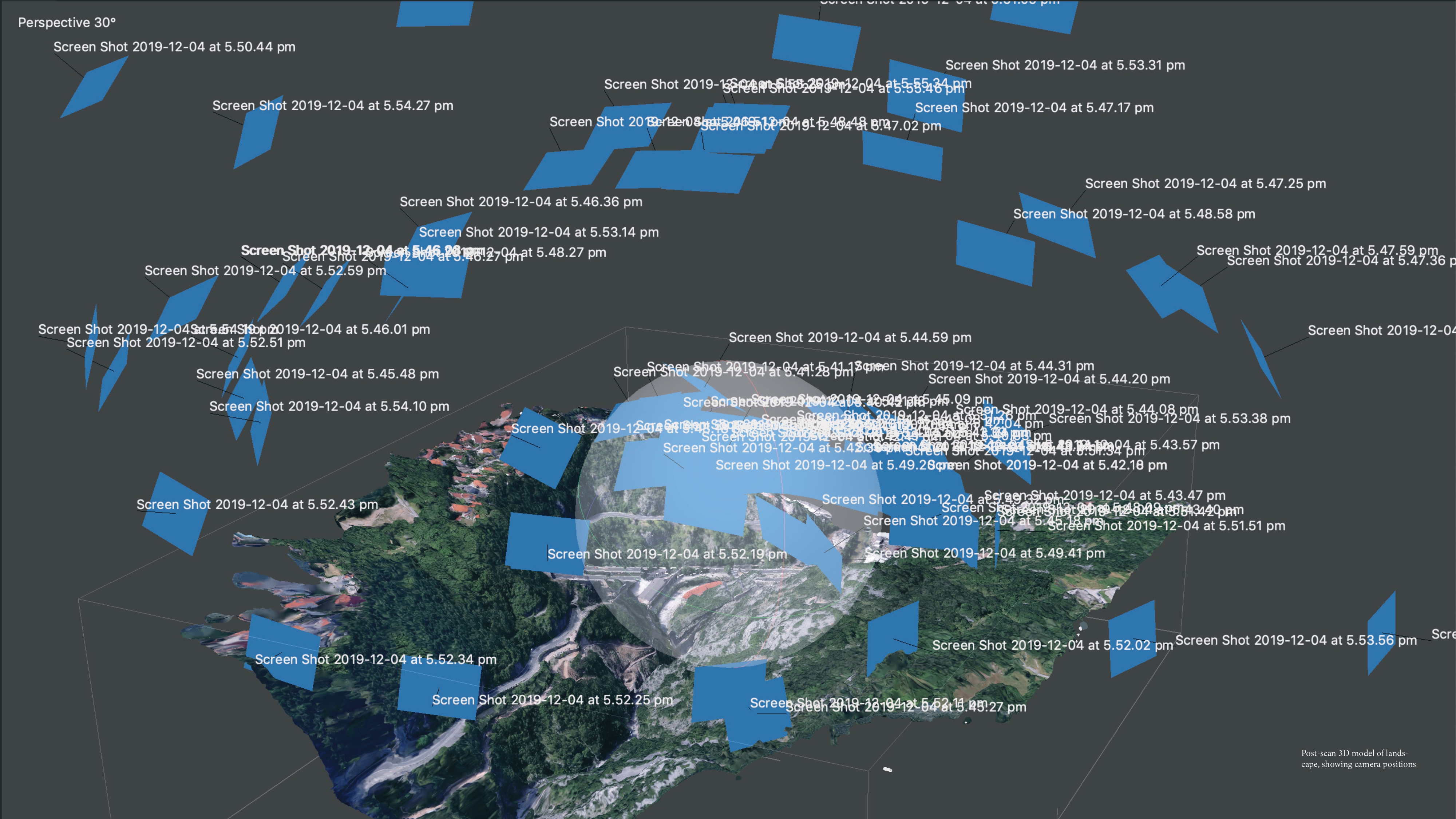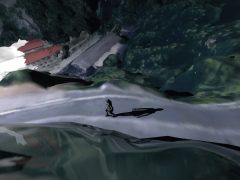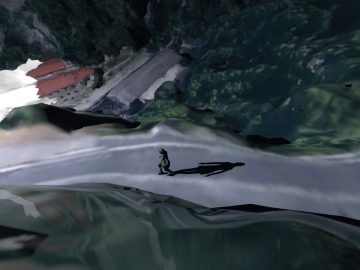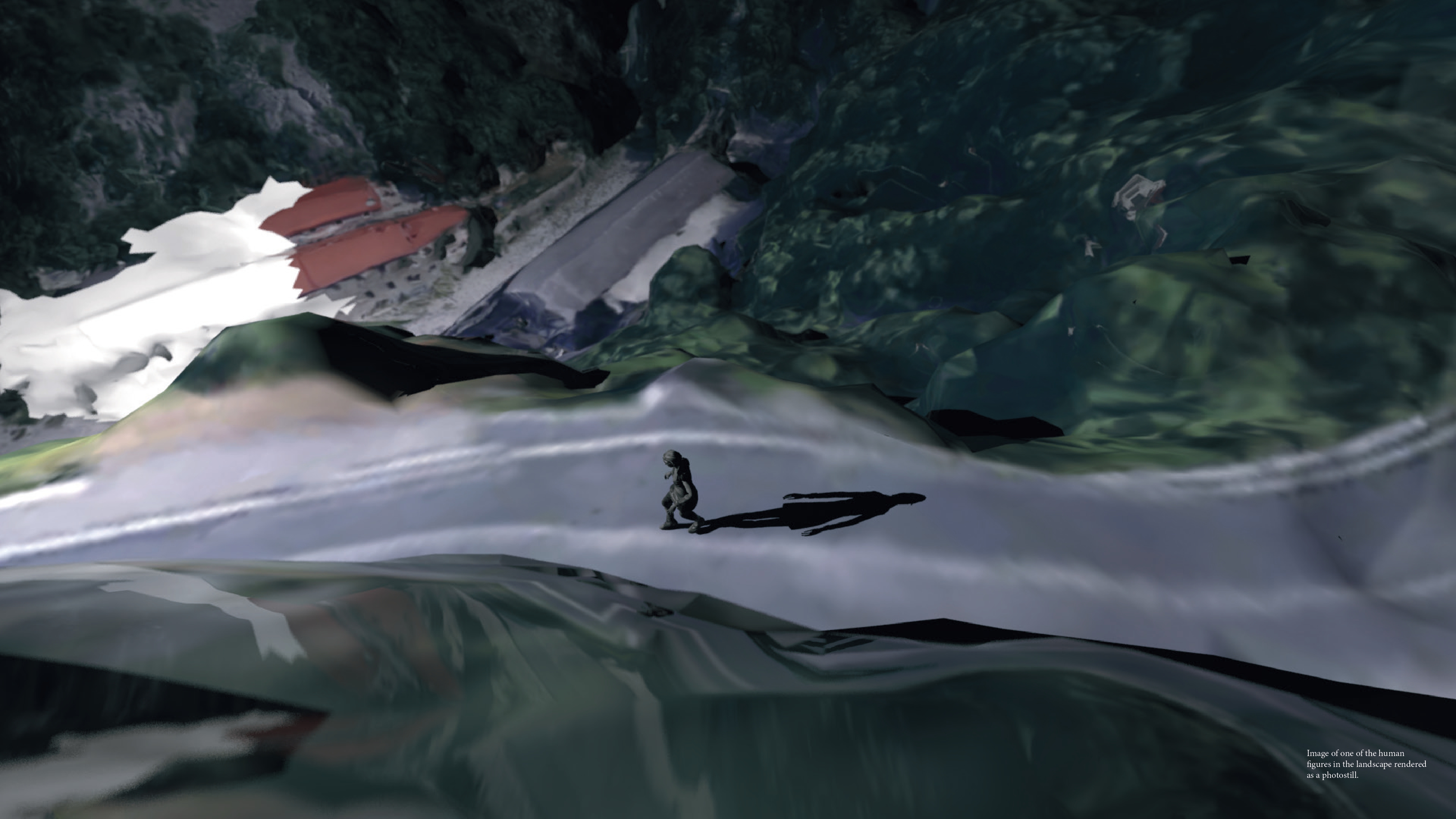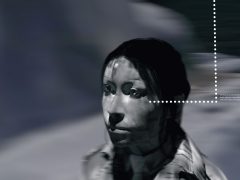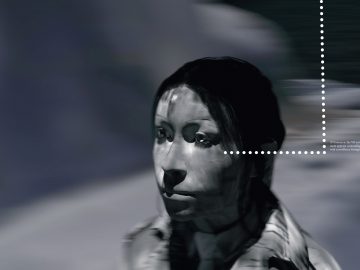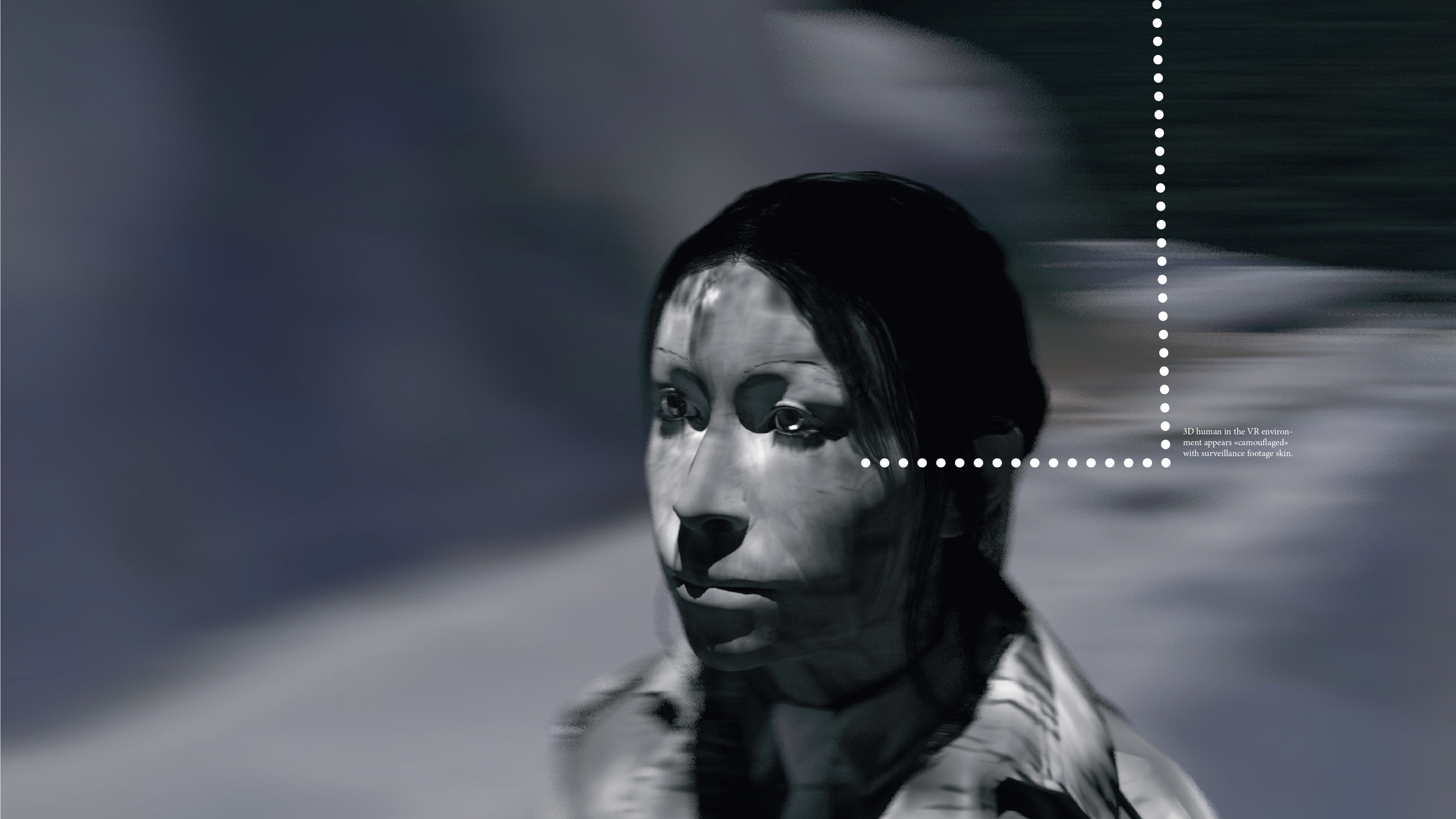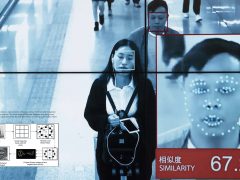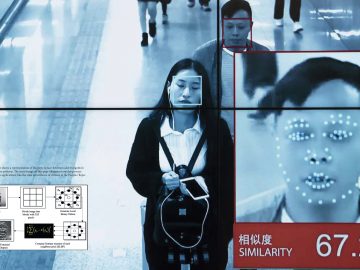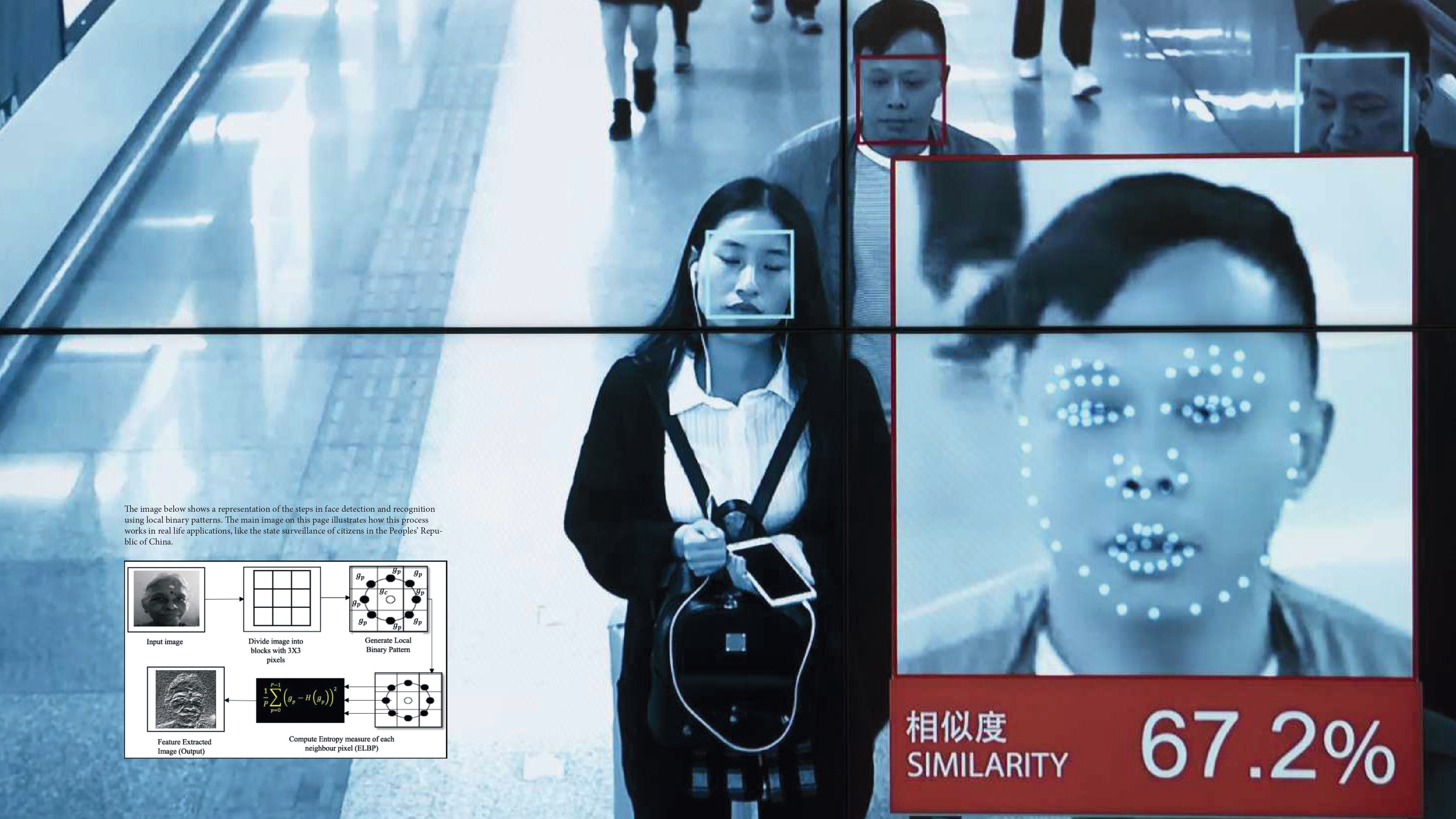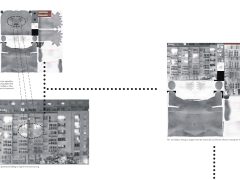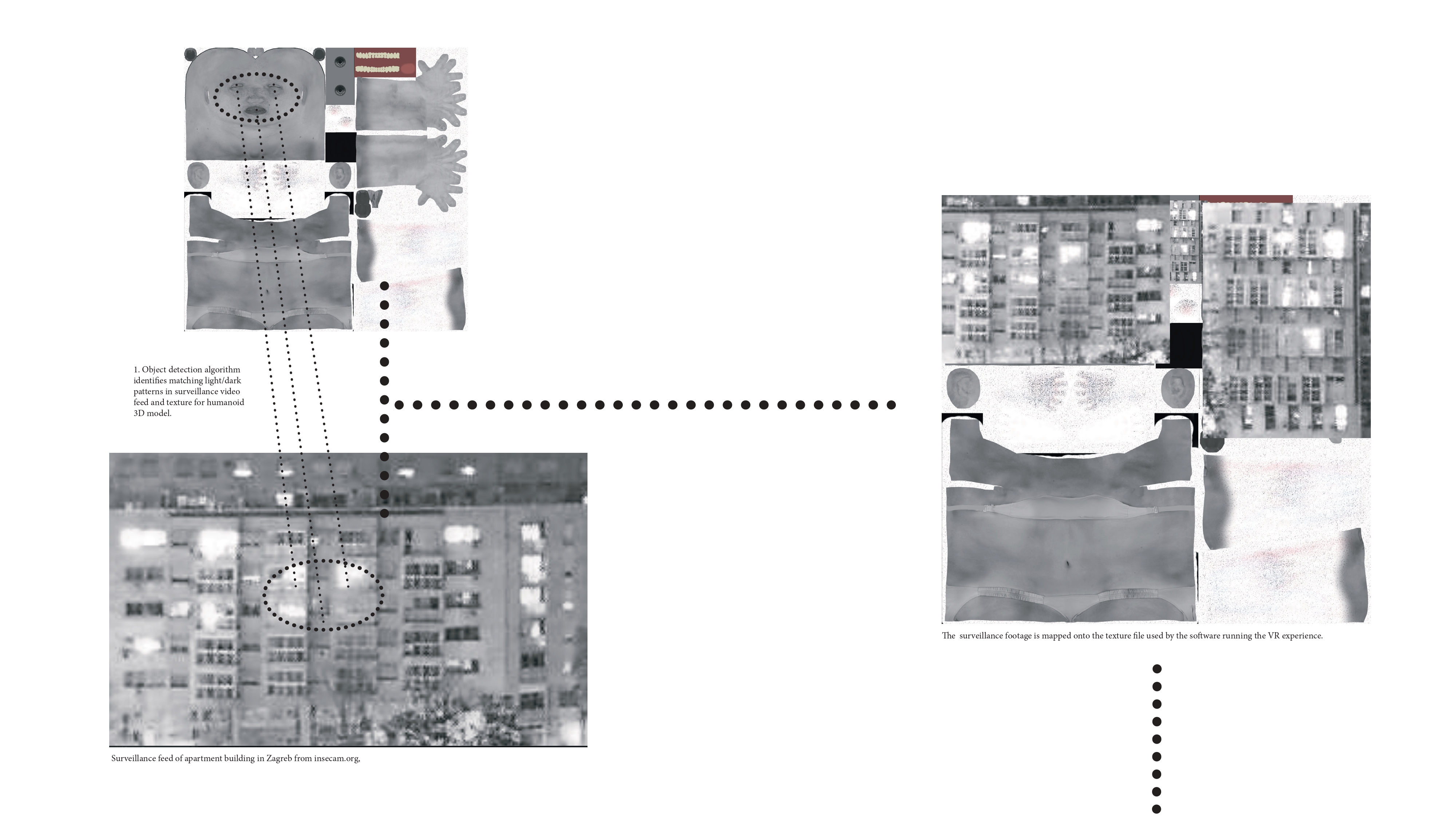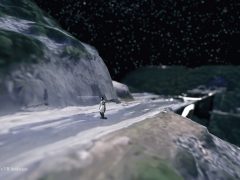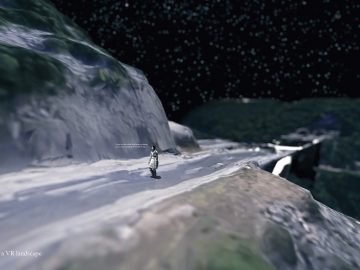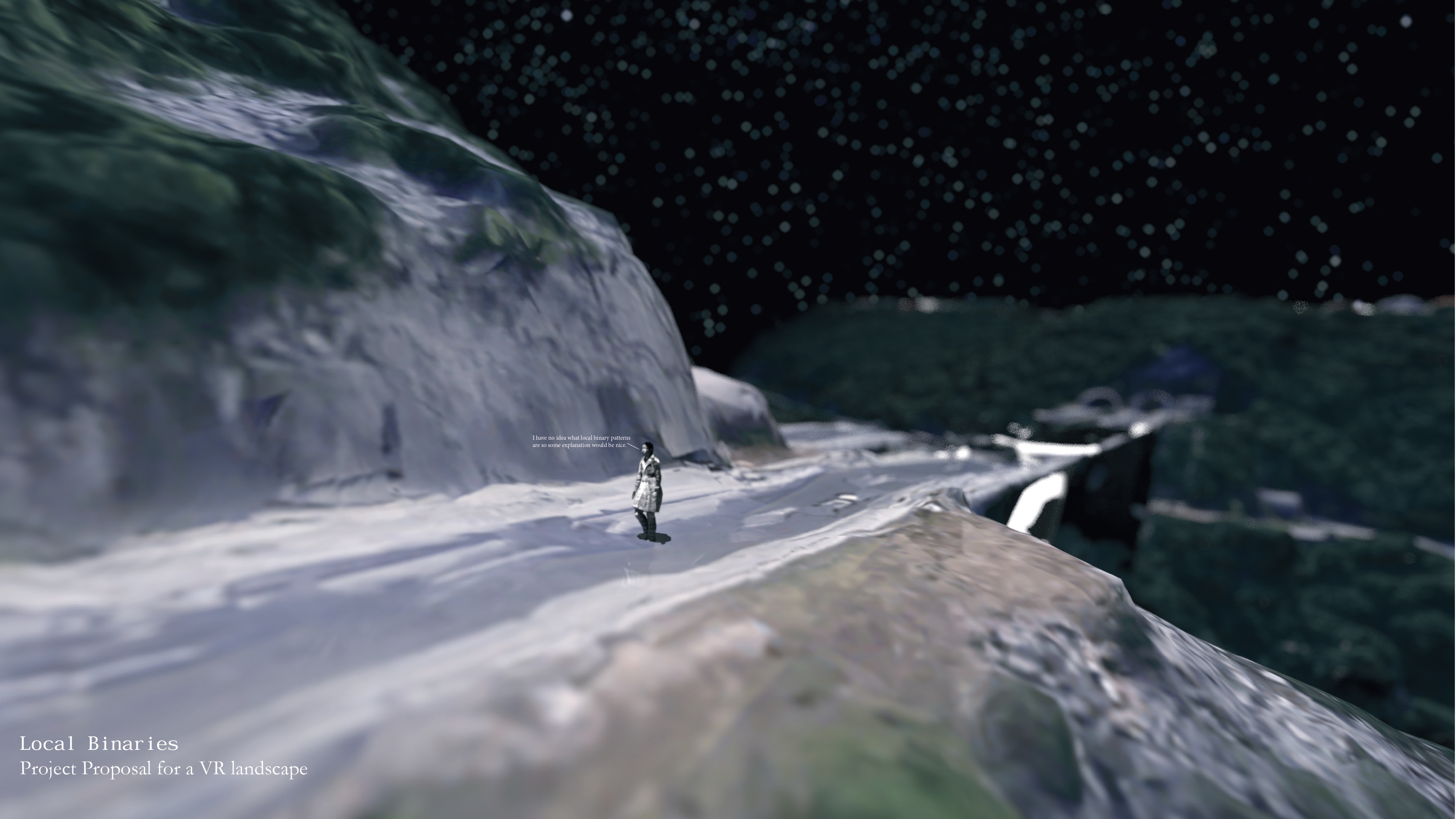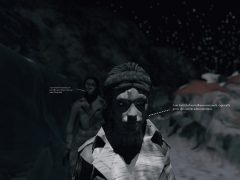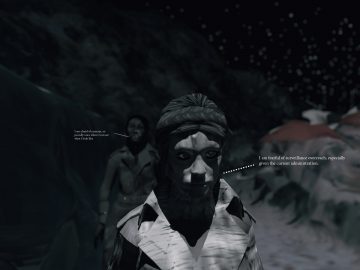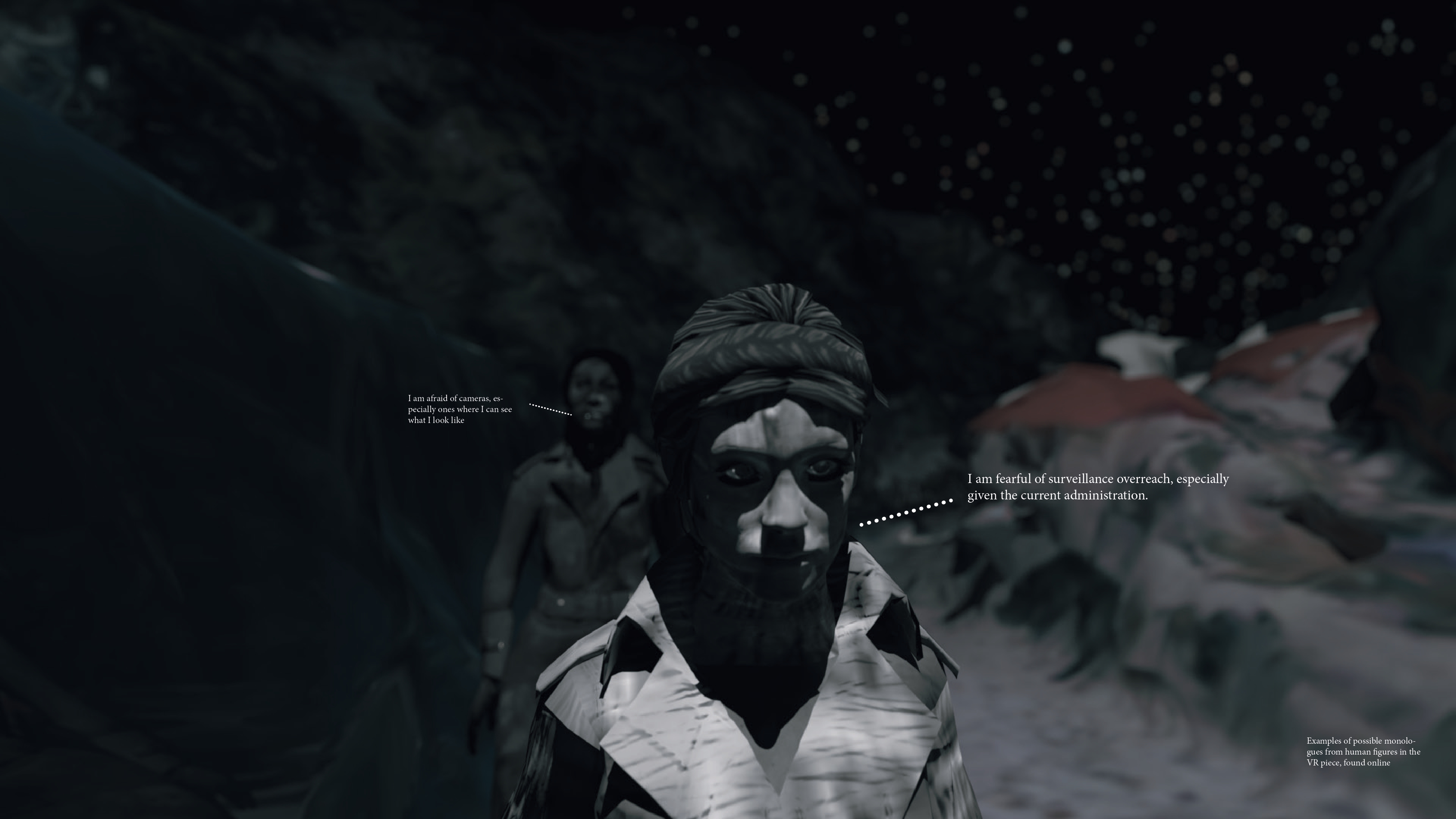Risk Change residency: Meet Lauren Moffatt
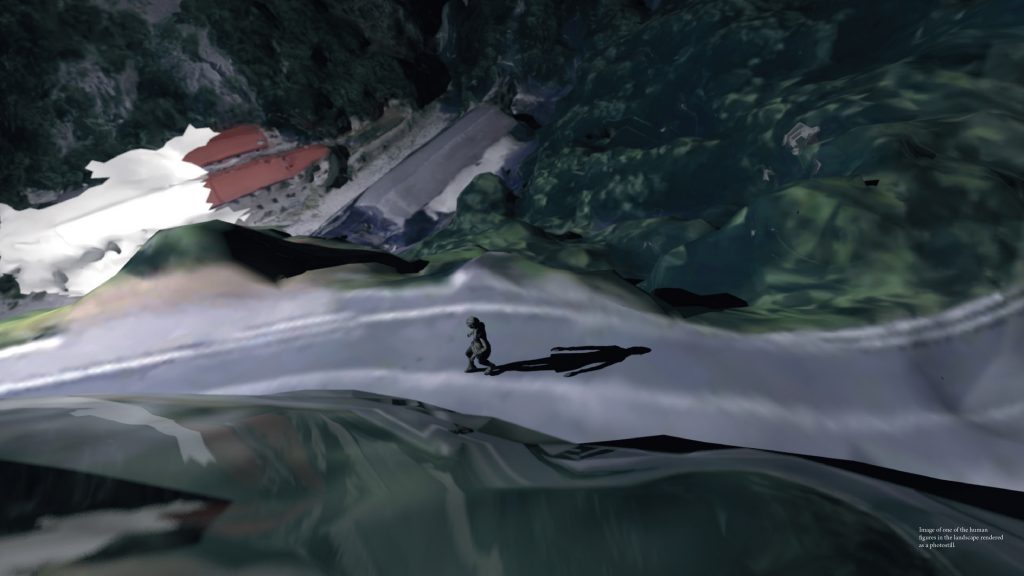
Through a series of conversations MMSU presents artists on solo residency programme within EU project Risk Change. In a second part of interviews meet Lauren Moffatt.
At the end of 2019, Museum of Modern and Contemporary Art Rijeka announced the open call for artists in residence as part of the Risk Change project supported by the EU. Artists were invited to spend February and March in Rijeka to develop artistic proposals in the form of a lecture, workshops or public intervention.
The residency was the closing program of a 4-year project Risk Change. Its attempt was to identify and describe the mechanisms that support well-rooted contemporary stereotypes and existent colonialist heritage. Lauren Moffatt, an Australian artist at the moment living between Valencia and Berlin, and working between video, performance and immersive technologies, was one of the four Risk Change residents.
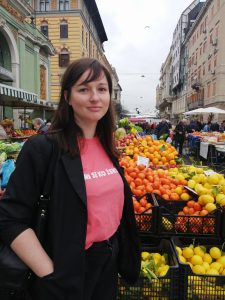
Lauren’s works, often presented in multiple forms, explore the “paradoxical subjectivity of connected bodies and the friction at the frontiers between virtual and physical worlds”. They usually take the form of speculative fictions and environments, conceived using a mixture of obsolete and pioneering technologies, which often occupy both physical and virtual space. Lauren builds detailed, complex and paradoxical universes, often occupied by misfits and recluses and populated by strange devices and artefacts.
We had a chance to talk to her in Rijeka the day when she was flying back to Valencia, after the coronavirus burst in Croatia. It is important to put that conversation in such a context, because it casts some additional light to Lauren’s work. And this is what she does:
“I work with virtual reality and video games, so my idea was to take the landscape of Rijeka, the hills, the port, the sea, and create a night-time scene where everything is empty except for the characters walking around like ghosts, They are speaking but you can’t hear them unless you come close to them, and then you hear them speaking about their fears”.
“The questions within my practice are mostly related to the body. At the moment, I’m starting a new research – I’m transferring inner states, like emotions, imaginations or sensations into landscapes, into a place that can be inhabited with more than one person. I wanted to do the same in Rijeka”, says Lauren.
The tagline of the residency was a well-known verse from Miroslav Krleža’s poem “Night in the Country”: Dogs are barking, caravans are passing through. So in her application, Lauren wrote that the verse makes her think about how individuals may become colonised by fear and how it may be possible to create an inhabitable, discoverable cartography of this fear. She decided to do exactly that — the “cartography of the fear” scene, by using computer vision techniques that are applied in mapping physical environments into commercial and socio-political territories. “In other words, the same technologies that drive my fear and anxiety about the zoning and stratification of the planet into increasingly disparate groups of privileged and less privileged organisms”, she wrote.
Lauren provisionally titled her piece “Local Binaries”, referring to Local Binary Patterns used in object recognition frameworks implemented in applications such as facial profiling. Lauren explains: “Algorithms based on binary pattern recognition analyse the darkness or lightness of pixels compared to their neighbours, allotting a binary value of 1 or 0 to each in order to identify common features, such as the corner of a mouth or the ear of a cat. Examples of binary pattern applications include the People’s Republic of China’s mass surveillance and profiling project, or the reconstruction algorithms used to create the 3D models of landmasses for Google Maps”.
Her project “Local Binaries” proposes a VR environment created as a site-specific mixed reality experience. Here, the experience of anxiety is composed into an allegorical landscape, using the steep terraced cliffs around the city of Rijeka at night as the setting. On empty roads and pathways of virtual Rijeka we see strange shapes partly concealed in the darkness. Slowly the shapes of these figures emerge as they draw closer, so we see they are benevolent humans, and if we allow them close enough we hear they have voices. Each figure is voicing a specific fear: fears of being watched, of being profiled, of being judged, of being followed, of being objectified, of making mistakes and of doing nothing. Using a teleportation system, the visitor in the VR environment is able to jump from place to place in the landscape, discovering ever more figures and hearing their confessions.
“When I read the verse from the poem that was a part of the open call, it I clicked to me that I already have the vision for my machine vision project. I first came to Rijeka in 2019 to do some filming; I was actually filming water. I really liked these terraced hills around Rijeka so even then I wanted to do something with it — they make such a good scene for what I do”.
For the piece, Lauren chose to interview around 20 people, at random, all over Rijeka. People were asked to say their responses to machine vision and to mass-surveillance projects. Their responses were to be edited into free-standing soundbytes and attached to the figures in the game.
“While I was in Rijeka, I’ve been doing surveys in order to develop the monologues. I was working towards the initial version in Croatian (I had some help from Nika Rukavina and others) that would later be translated into English for international version. We got around 20 people. Some of them I interviewed myself, then translated their responses using the machine (Google translate), put them together, and it turns to be like a Dada poetry. I was cutting out pieces of text and sticking them together, and finding some new meaning. I’m not trying to make anything really smart, I like the funny stuff that comes out that way.
I’m also exploiting the glitches in the system, that is also something that interests me. This shows in the way I made landscapes, the terrain of Rijeka – I made a digital scan of Rijeka from 3D maps of Google, and this kind of work creates a glitchy outcome. For example, the building looks like the mountain or it all looks like a fantasy sort of landscape.
So there are kind of three aspects of my work for this project: the translation of the texts, the terrain, and the figures in the piece. As for the latter, the textures, like the skin of the figures, are made from surveillance images that I take from non-secured security company images. I used them because they give a sort of funny camouflage effect.
What the people of Rijeka talked about in the surveys? Lots of them spoke about driverless cars, some spoke about surveillance systems like in China, or online databases. Some spoke about the effects used for animation, AI that changes the image (CGI animation) which is pretty amazing but also very scary because it means you can no longer trust any image — in a studio, you can change a face to a president of a country declaring a war or something like that.
I think it’s good that people talk about all those topics, even if they say they don’t know anything about them, because they have to be aware of potential dangers of using the technology, and everybody uses it nowadays”, says Lauren.
A few days after she left Rijeka, the streets of the city were abandoned from people, the same way she described a setup of a video game she was working on. If you would run into someone and have the courage to come close to them, you would probably hear them talking about fears — we all are full of fears these days. Many refer to surveillance: the Croatian government recently announced a “measure” against people who violate self-isolation by tracing the movement of their cell phones. Although Lauren did not envision this sort of a new reality as a plausible scenario when she conceived the proposal for a residence in Rijeka, it is amazing how literally parts of her imaginarium were translated into a physical space, which is nowadays, in Lauren’s words, an excellent example of “a friction at the frontiers between virtual and physical worlds”.
Conversation was conducted by: Jelena Androić
Organized by: MMSU Rijeka
Programme co-funded by: Creative Europe Programme of the European Union, Rijeka 2020.eu, City of Rijeka, Ministry of Culture of Republic of Croatia
“The European Commission support for the production of this programme does not constitute an endorsement of the contents which reflects the views only of the authors, and the Commission cannot be held responsible for any use which may be made of the information contained therein”.
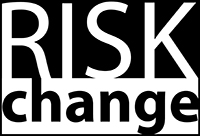
![]()
![]()
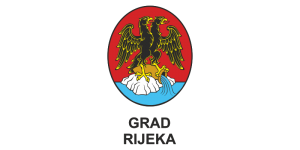
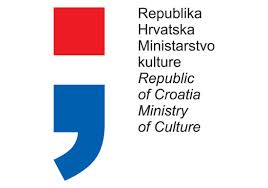
Galerija
